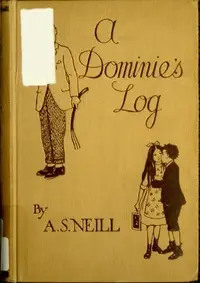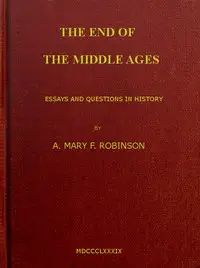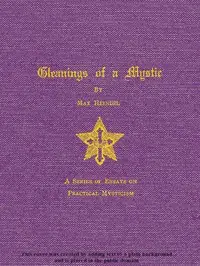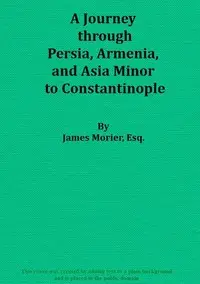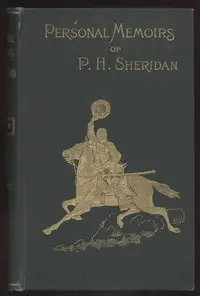"A Dominie Dismissed" by Alexander Sutherland Neill is a semi-autobiographical novel written in the early 20th century. The story revolves around a schoolmaster, referred to as the Dominie, who faces dismissal due to his unconventional methods of teaching village children, prioritizing play and freedom over traditional discipline. As he navigates his dismissal and return to the village as a cattleman, the narrative explores themes of education, individuality, and authority, particularly through his observations of his successor and the impact of different teaching styles on the children. The opening of the novel introduces the Dominie as he prepares to leave his classroom, reflecting on his relationship with his students and the emotional weight of his impending departure. He expresses fondness for individual children, notably Jim Jackson, and worries about their adjustment to a more authoritarian new teacher named Macdonald. The protagonist's memories reveal the contrast between his nurturing, freedom-based teaching and Macdonald's rigid, disciplined approach, setting the stage for the central conflict of the narrative. The opening scenes are filled with humor, sentimentality, and introspection as the Dominie grapples with loss, identity, and the philosophy of education that he believes in. (This is an automatically generated summary.)
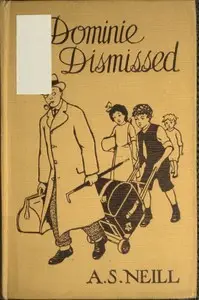
A Dominie Dismissed
By Alexander Sutherland Neill
"A Dominie Dismissed" by Alexander Sutherland Neill is a semi-autobiographical novel written in the early 20th century. The story revolves around a sc...
Alexander Sutherland Neill was a Scottish educator and author known for his school, Summerhill, and its philosophy of freedom from adult coercion and community self-governance. Raised in Scotland, Neill taught at several schools before attending the University of Edinburgh in 1908–1912. He took two jobs in journalism before World War I, and taught at Gretna Green Village School in the second year of the war, writing his first book, A Dominie's Log (1915), as a diary of his life there as head teacher. He joined a Dresden school in 1921 and founded Summerhill on returning to England in 1924. Summerhill gained renown in the 1930s and then in the 1960s–1970s, due to progressive and counter-culture interest. Neill wrote 20 books. His top seller was the 1960 Summerhill, read widely in the free school movement from the 1960s.



